This initiative, formed by 15 organizations and companies from the mining sector, identifies potential pathways to contribute to Brazil’s efforts to reduce total carbon emissions by 2050. The report also highlights that Brazil’s mineral wealth could support emissions reductions in the global steel value chain and accelerate the global electrification process.
The Critical Minerals Coalition was established at the invitation of the COP30 Presidency to develop decarbonization pathways for six key sectors of the Brazilian economy — agriculture, energy, forestry, mining, livestock, and transportation. The recommendations from these sectors are planned to be presented at the COP30 event in Belém in November.
The report emphasizes the direct connection between the global energy transition and mining and Brazil’s strategic role in this process. With one of the world’s most diverse geological structures, an advanced mineral sector, and an electricity matrix based on renewable energy, Brazil is well-positioned to transition to a low-carbon economy.
Marina Grossi, President of CEBDS, stated that the Coalition reflects the collective effort spirit inspired by COP30: “Coalitions symbolize the collective effort spirit COP30 inspires. Companies, government, and civil society work together in a pre-competitive manner to develop sectoral consensus and science-aligned solutions. This initiative marks the beginning of a process that translates consensus into action for a low-carbon economy.”
Vale CEO Gustavo Pimenta emphasized the private sector’s key role in advancing Brazil’s climate agenda: “We consider decarbonization a core pillar of our business. Co-leading this initiative is a source of pride. Brazil is central to this discussion, not only for its capacity to produce energy transition minerals but also as one of the largest producers of high-quality iron ore essential for decarbonizing steel production.”
IBRAM President Raul Jungmann highlighted that the report demonstrates mining as a crucial part of addressing the climate crisis: “Brazil has a unique competitive advantage due to its geological diversity and clean electricity matrix. This report shows that we are ready to supply the minerals needed to build a low-carbon economy, but we cannot do it alone.”
According to the Coalition’s analysis, mining can contribute to decarbonization and the global energy transition in three key areas. The first area focuses on reducing emissions from mining operations, targeting up to an 80% reduction in sectoral emissions and approximately 14% emission neutralization, potentially achieving a total 90% reduction by 2050. This would be realized through energy efficiency, biofuel use, renewable electricity, electrification of fleets and equipment, and land rehabilitation.
The second area concerns reducing emissions in the global iron ore supply chain. By increasing low-carbon inputs, such as pellets and briquettes suitable for direct reduction methods, up to 110 million tons of CO₂ equivalent (MtCO₂e) emissions could be avoided by 2050 — roughly eight times Brazil’s total mining emissions in 2022.
The third area relates to energy transition minerals. Focusing on copper, nickel, bauxite, lithium, and rare earth elements, Brazil could double production by 2050, potentially reducing the country’s total emissions by up to 300 MtCO₂e annually — equivalent to the 2023 emissions of São Paulo and Minas Gerais states.
The report also considers projected global developments, including a projected increase of 38 million electric vehicles, an addition of 830 GW of wind capacity and 610 GW of solar capacity, and the expansion of electricity grids with energy storage systems by 2050.
The document further highlights five key conditions for Brazil’s mining sector to realize this potential: implementing carbon pricing and strengthening regulatory and economic frameworks, increasing access to technically mature and economically viable technologies, establishing robust logistics, energy, and storage infrastructure, developing green financial instruments, and promoting green premium mechanisms that incentivize low-carbon products.
The Critical Minerals Coalition was established as part of the Global Task Force created by the COP30 Presidency. Bringing together companies, associations, experts, and public representatives, the Coalition aims to align the contributions of Brazil’s mining sector with energy transition and decarbonization objectives. The shared vision was developed through workshops, consultations, and sectoral analyses, resulting in a comprehensive report demonstrating the sector’s global impact.
Founded in 1997, the Brazilian Business Council for Sustainable Development (CEBDS) is a non-profit organization promoting sustainable development in Brazil in collaboration with governments and civil society. Representing more than 110 of the country’s largest companies, CEBDS also serves as the Brazilian representative of the World Business Council for Sustainable Development (WBCSD), which operates in 36 countries.


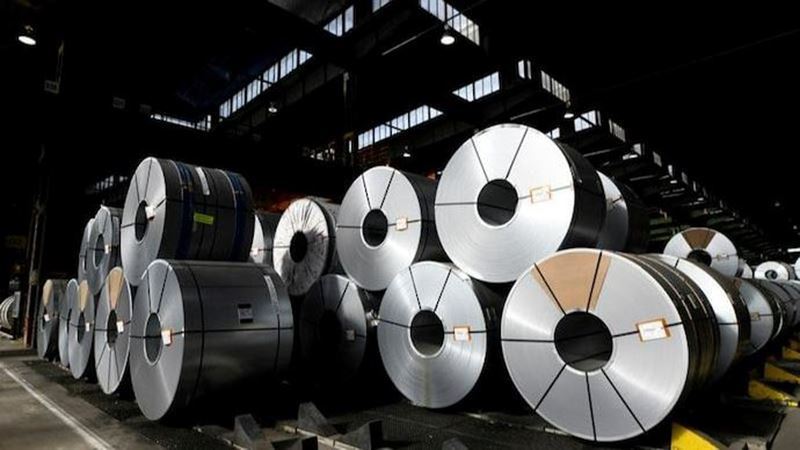


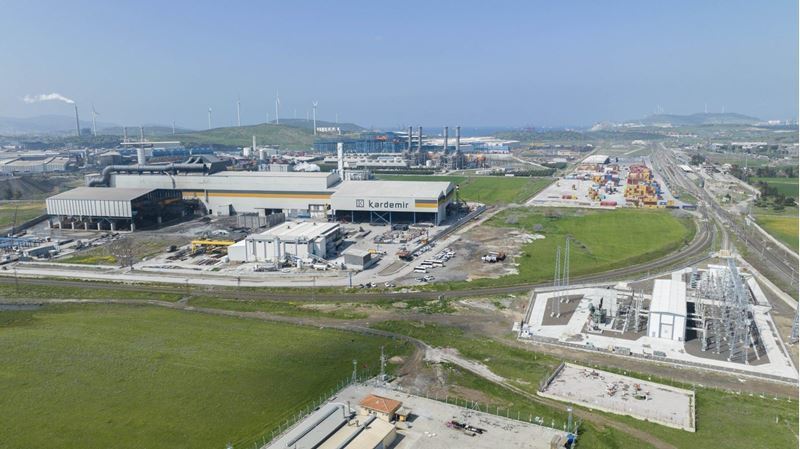
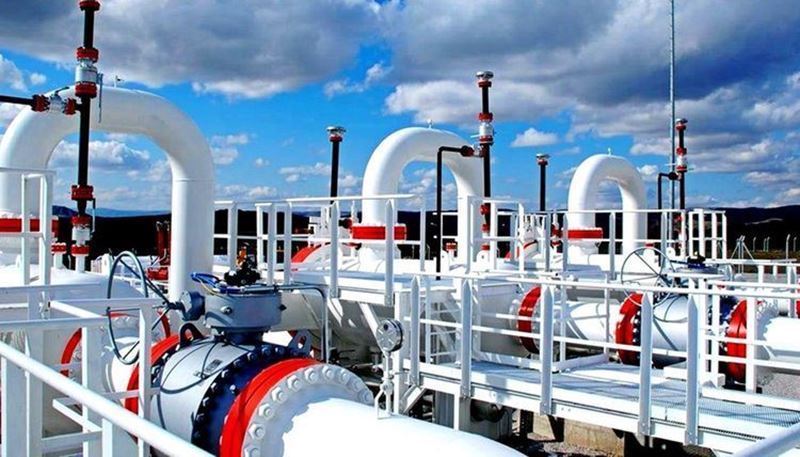
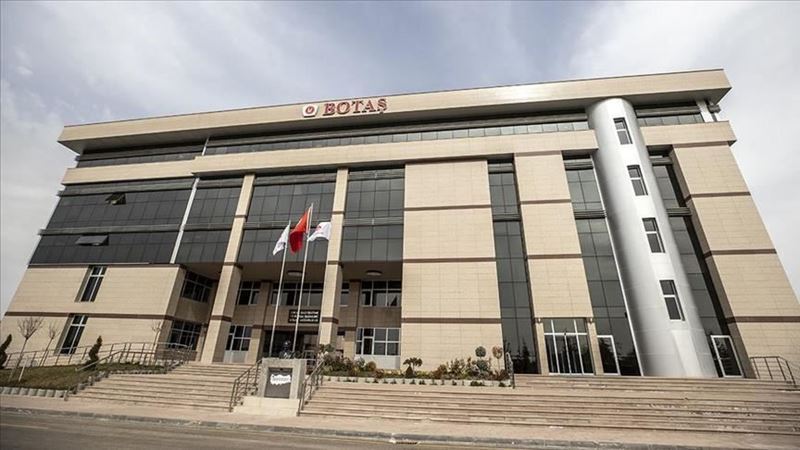
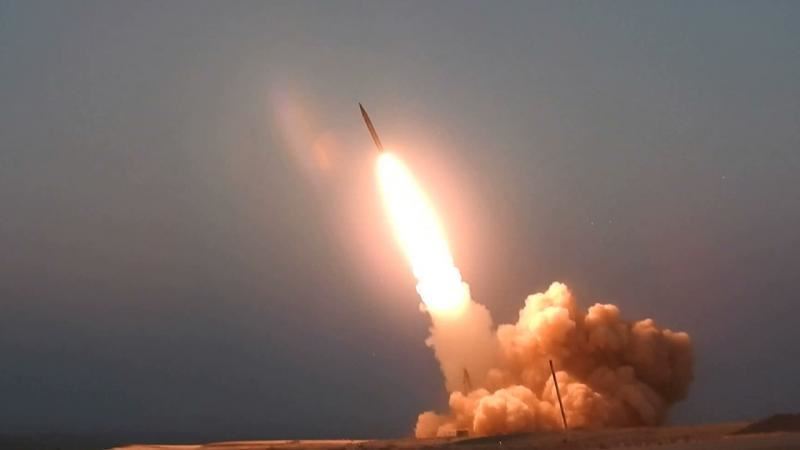


Comments
No comment yet.